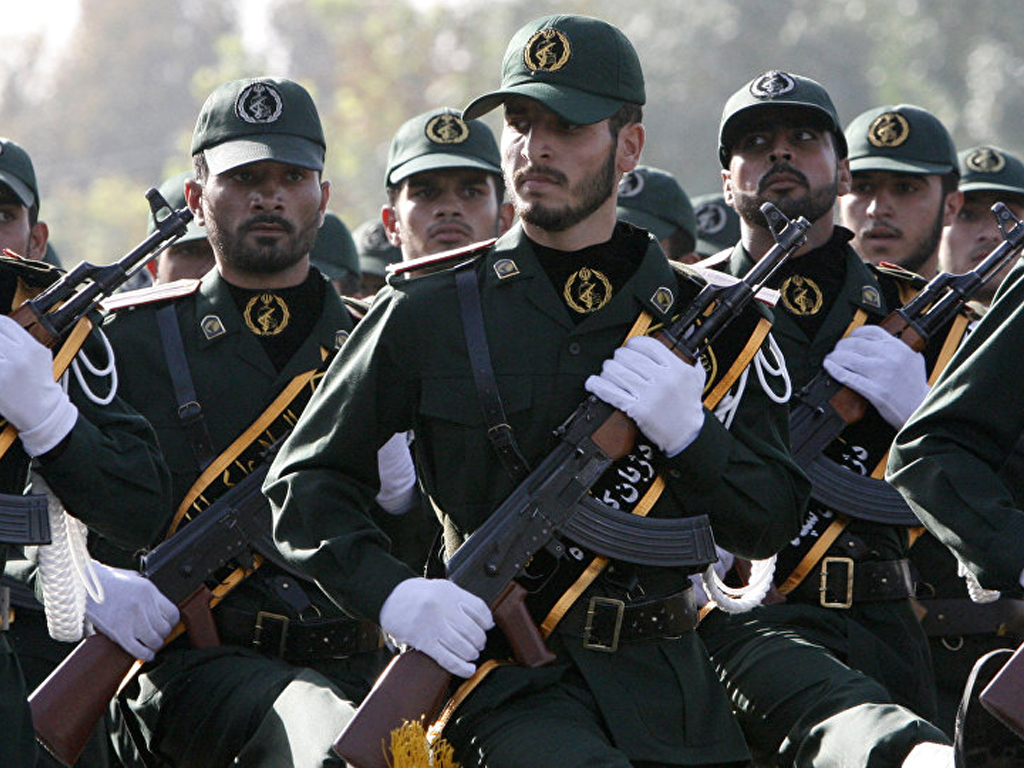US designation of IRGC

Whereas his predecessor Barack Obama had adopted a policy of "constructive engagement" with Iran, President Donald Trump has chosen to take the path of confrontation. Soon after coming to power, he withdrew from the P5+1 nuclear pact that he had promised to discard during his election campaign terming it a bad deal. Egged on by certain regional allies, most actively by Israel, last Monday the Trump administration designated Iran's elite military force, the Islamic Revolutionary Guard Corps (IRGC), a terrorist organisation. Soon after the announcement, Israeli Prime Minister Netanyahu let it be known that he had asked for the step. He issued a statement thanking "my dear friend US President Donald Trump...for responding to another request of mine [after recognizing Israeli sovereignty over the occupied Golan Heights as well as Jerusalem], which serves the interests of our countries and countries of the region."
It is the first time for any country to brand a section of another state's military forces as a terrorist organisation. Trump himself described it as unprecedented step saying it "recognizes the reality Iran is not only the state sponsor of terrorism, but that the IRGC actively participates in, finances, and promotes terrorism as a tool of statecraft." As expected, Tehran has reacted angrily to Washington's latest provocation. President Hassan Rouhani posed the pertinent question "who are you to label [our] revolutionary institutions as terrorists?" going to declare "you are the leader of world terrorism." Meanwhile, Iran's parliament prepared to pass a bill to put American troops on its own terrorism black list alongside the Islamic State.
So what next? Iran's national security and foreign policy commission chief, Heshmatollah Falahatpisheh, told reporters "even though we believe one should not play along with America's extreme acts, the reality is that we must retaliate." As things stand, Iran has significant influence in Iraq, thanks to the US misadventure in the country, which it can employ for the complete ouster of American presence from there. It also has proxies in the region that can inflict harm on American forces. Then there is Hezbollah, part of the Iran-led 'Axis of Resistance', which has both the ability and will to hurt the interests of the US and its protégé, Israel. The Trump administration's decision to keep ratcheting up tensions with Iran can easily descend the region in more chaos and conflict, leading to unforeseen consequences for all involved.
























Comments
Comments are closed.